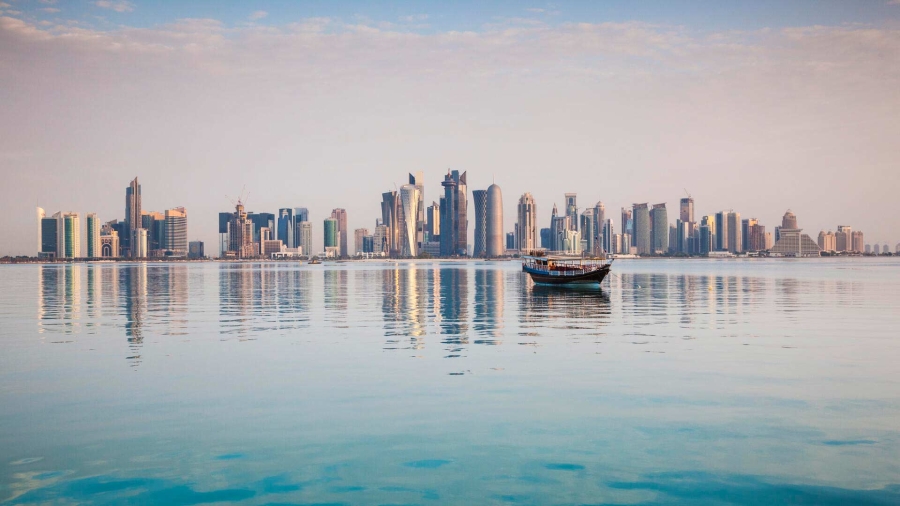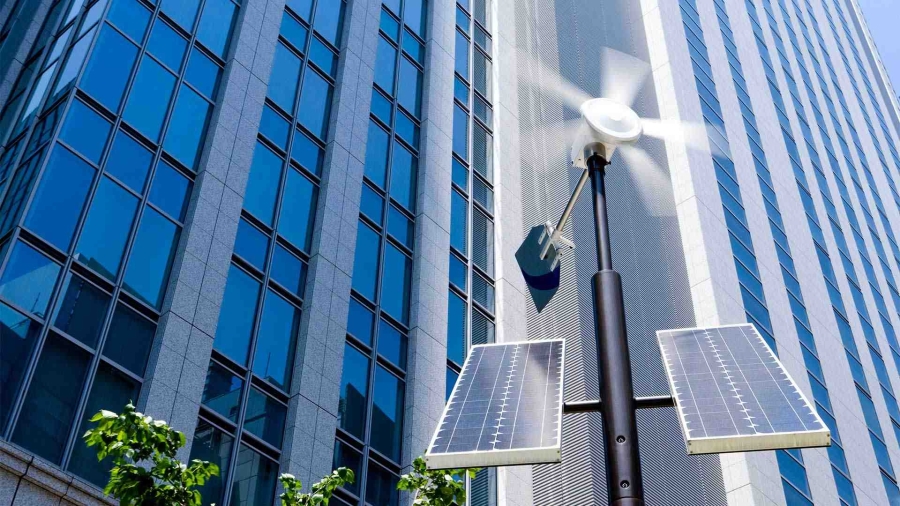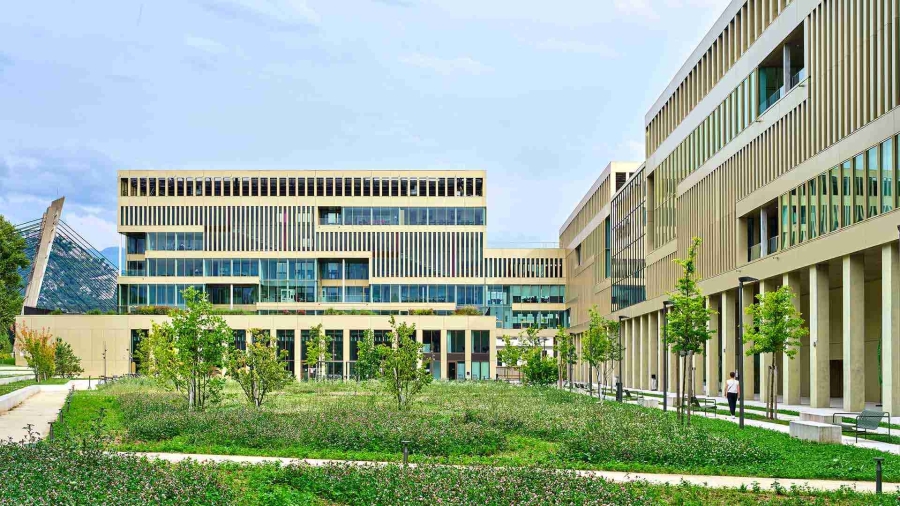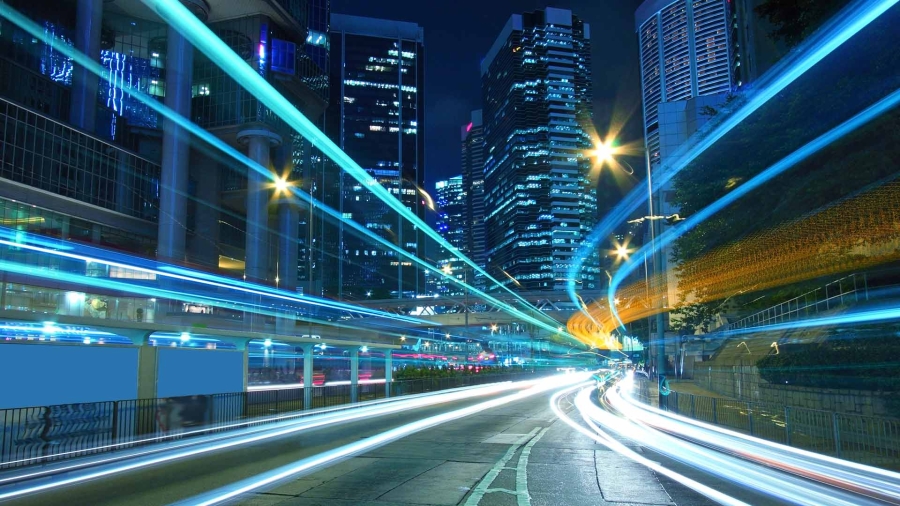Enabling a circular economy for chemicals with the mass balance approach
Realizing a circular economy for products and major materials could seem complex but achievable. By contrast, retrieving the tens of thousands of compounds currently used as additives, paints, adhesives etc. and isolating them for recycling seems out of reach. Yet solutions that make economic sense exist. To fully unlock the circular economy potential of the chemical sector, a new approach is needed.
This paper explores how a mass balance method offers a workable set of rules to ensure the traceability of recycled feedstock into new products.
In collaboration with the Ellen MacArthur Foundation














